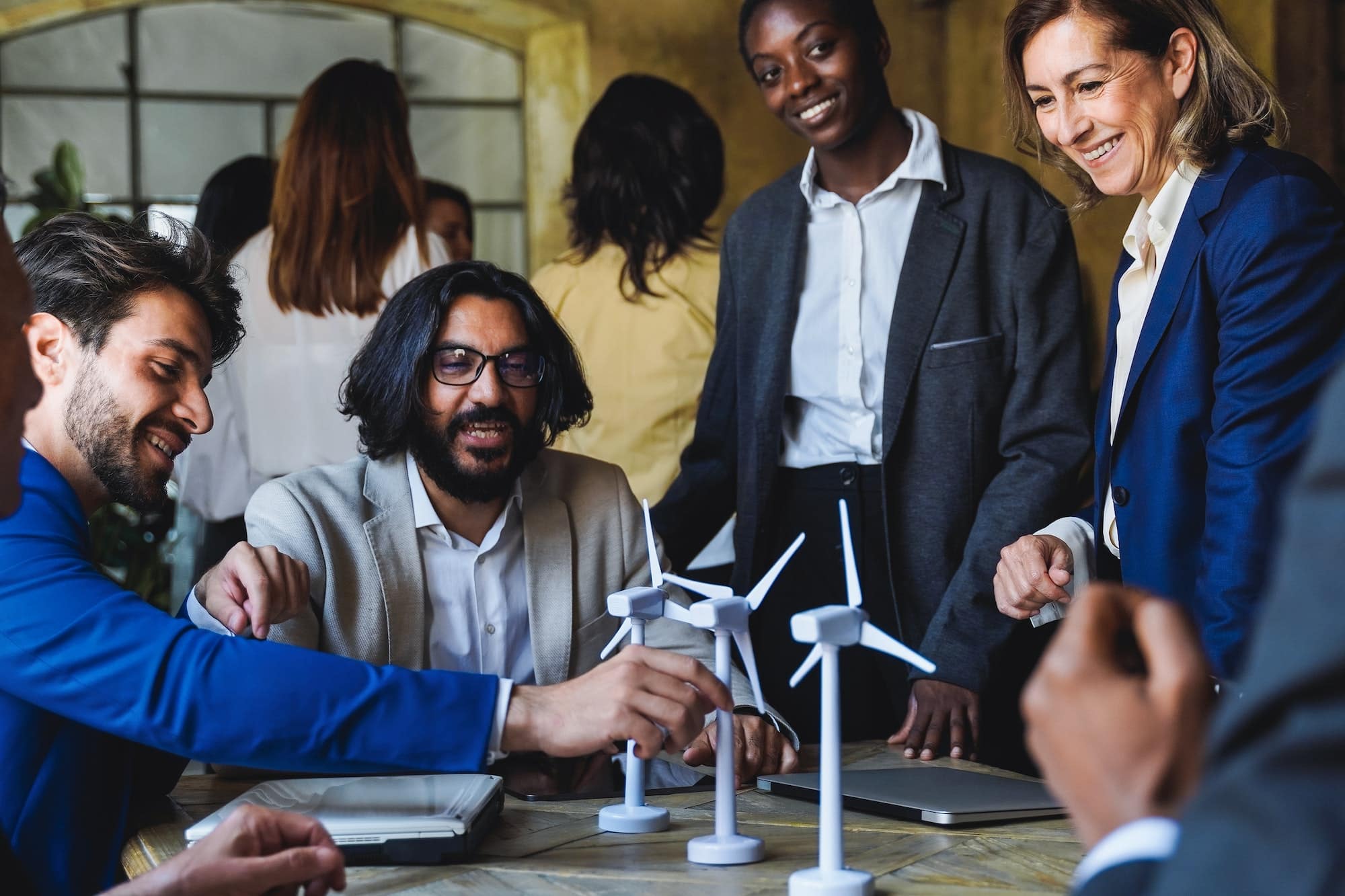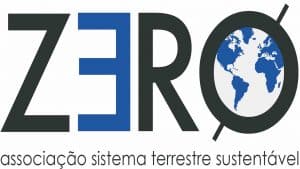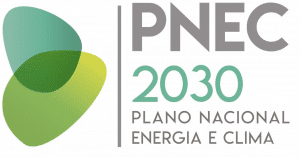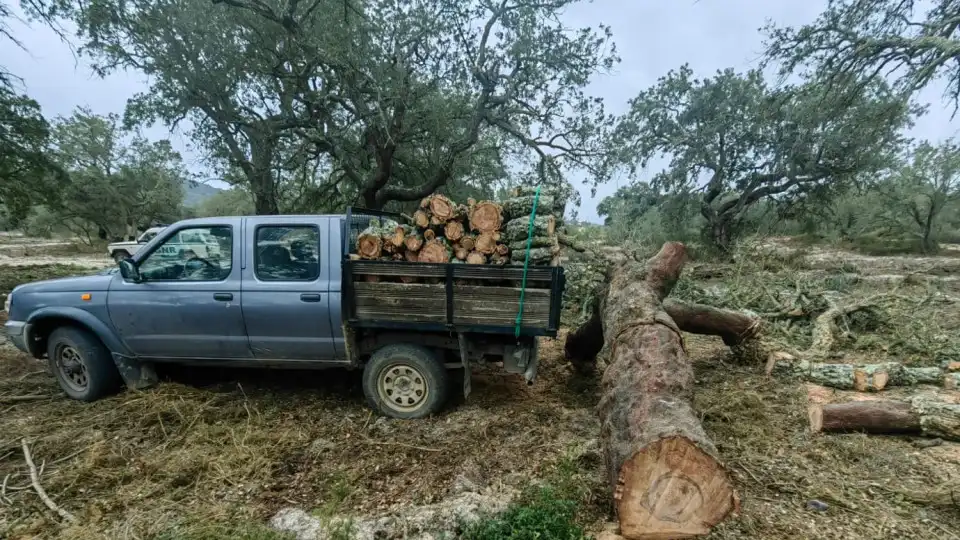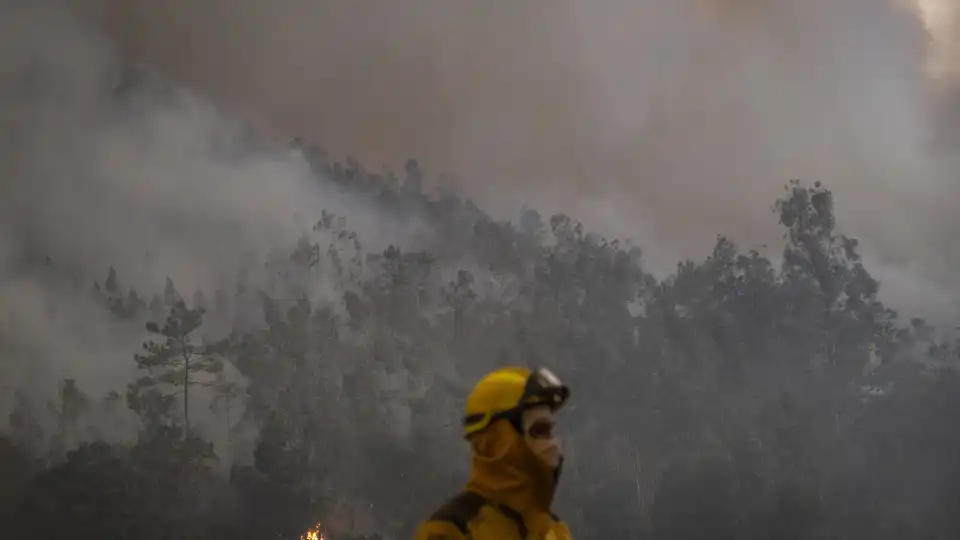The Zero environmental association believes that it is possible for at least half of Portugal’s energy to come from renewable sources by 2030, and is calling on the government to set targets to this end.
With regard to the goal of integrating renewable energies into the entire system, and not just electricity, “Zero calls for this to increase to at least 50% by 2030 and, in a longer-term perspective, to at least 90% by 2040”, the association says in a statement.
The document published today concerns the National Climate Energy Plan 2021-2030 (PNEC), a revised draft of which is due to be submitted to the European Commission by the end of the month.
The PNEC, approved in 2020, is the main energy and climate policy instrument for this decade, with targets for greenhouse gas (GHG) reduction, energy efficiency and security, and the incorporation of renewable energies.
In his statement, Zero considers that the revision currently being presented is essential for states to guarantee more demanding plans, and asserts that the NECP “must be sufficiently ambitious to go beyond the targets set by the European Union and thus align with the commitment set by the Paris Agreement”.
It is essential, association Zéro stresses, for Portugal to show leadership and political will to tackle the climate crisis and protect the environment for present and future generations.
And to ensure compliance with the Paris Agreement (reducing GHG emissions so that global warming does not exceed 1.5 degrees Celsius compared to the pre-industrial era), it is necessary for the European Union to achieve a 65% reduction in GHG emissions by 2030, compared to 1990 levels.
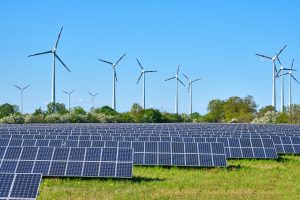
And in Portugal, a reduction of at least 60% compared to 2005, according to Zero, which considers it important to reflect on and review the targets set in the PNEC, increasing renewable energies, but preserving the landscape, promoting biodiversity and guaranteeing soil enrichment.
In the press release, Zéro defends the promotion of shared storage of renewable energies and the introduction in the PNEC of a new objective, the promotion of a sharing economy, an economic model in which different players and activities share resources, thus reducing consumption needs and pressure on resources.
Examples include the shared production of electricity or the joint use of household appliances such as washing machines.
And he considers that the most important point to review in the PNEC is energy sufficiency and efficiency, which must be improved, and energy security, as droughts are likely to reduce hydroelectric power production, hence the importance of policies aimed at developing energy storage capacities.
In the document, Zero also calls for the revision of the Environmental Simplex, so as to have rigorous sustainability criteria, the anticipation of the end of electricity production from fossil gas before 2040 (starting with the end of the Tapada do Outeiro power plant, whose license expires in 2026), a ban on the purchase of new buses using natural gas, and priority for the internal use of green hydrogen, oriented towards sectors where it is not possible to use electricity.



